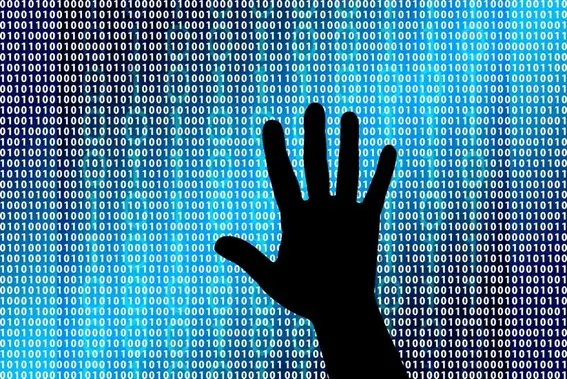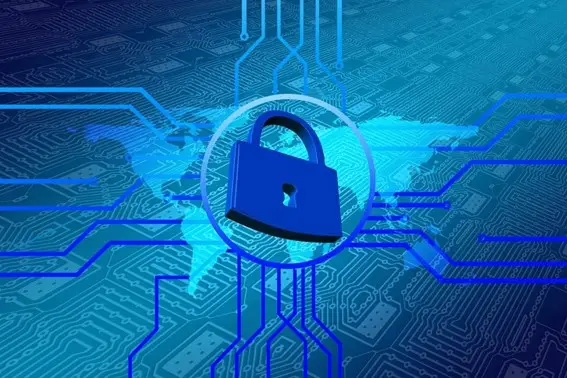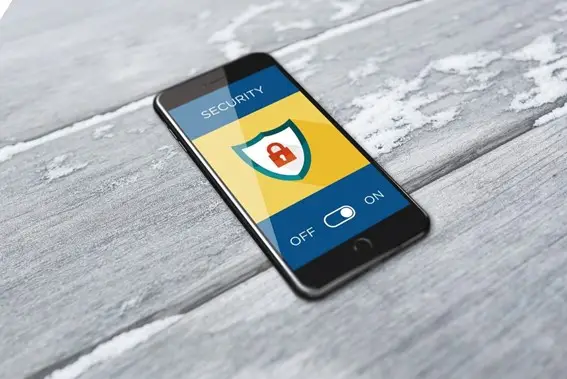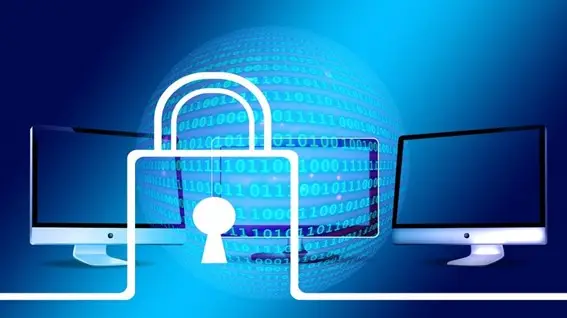focus notes


What should I do to protect my computer from viruses? What you can do to protect your precious computer

table of contents
What measures do you take to prevent computer viruses? There may be some people who just try not to look at suspicious sites. but, Viruses have various infection routes and evolve rapidly.. We recommend that you have a detailed knowledge of computer virus countermeasures. In this article: We will explain the steps to take against viruses from the perspective of virus infection routes and problems that occur when infected.
What is a computer virus? Its infection route and the problems it causes
A computer virus is a software program that infects programs on your computer and causes problems.. It is a type of malware, which refers to malicious software, and its definition includes the ability to spread, to remain latent until conditions are met, and to cause an abnormality. It can be said to be very contagious because it can travel across networks and spread between computers, and even within a computer, it can spread to files and disks.
If you are infected with a virus, your important information may be deleted or leaked, your computer may become inconvenient to use, and even worse, your computer may lead you to paid services or other sites that may harbor viruses by claiming to be a solution. Problems such as this may occur. in this way, Viruses not only cause inconvenience to users when infected, but can also threaten information management.Therefore, it is necessary to take thorough measures.
Key points to prevent computer viruses
In the previous chapter, we talked about how computer viruses are highly contagious. Its infectious power means that it does not stay in one place, but travels across networks, and increases without users even noticing.about it. In order to take measures against viruses, it is first necessary to understand where the virus is transmitted and how it is increasing.
Virus infection routes vary
Computer viruses can be infected through various routes.Typical examples include advertisements and files on the Internet, email scripts and attached data, and external hard disks such as USB.there is. These can sometimes be determined to be malicious based on the sender's information or appearance, but sometimes they are not. for example,There are also methods that trick users into importing information with viruses by pretending to be antivirus software that might be useful to users or games that seem fun.It is.
Let's take anti-virus measures
As you can see, there are many ways in which viruses can spread, and it can be said that it is difficult to take countermeasures based on one's own vigilance alone. In order to take measures against virus infection, it is of course important to ``not touch suspicious information,'' but it is also important to ``make sure your computer is safe even if a virus gets infected.'' I am. In the next chapter, we will explain in detail what you should be careful about in order to "not touch suspicious information" and what you should do to "make sure your computer is safe even if a virus gets installed." I will continue to do so.
Specific ideas for countermeasures against computer viruses
You can effectively prevent this problem by paying attention to a few things when using your computer on a daily basis. Here, we will introduce countermeasures from two perspectives: "software" and "use of storage media."
Keep your software up to date
Computer viruses infect computers by exploiting vulnerabilities in their operating systems (OS).Therefore,Keep your OS up to dateThis will reduce the chances of the virus attacking you as much as possible. If you are using typical software such as Windows or Mac, you will receive a notification saying "Software update required" when an update is required. To protect yourself against viruses, be sure to update your computer as soon as you receive this notification.
Be careful when using storage media
Viruses that spread through storage media such as USB flash drives, CD-Rs, DVD-Rs, BD-Rs, and external hard drives automatically perform specified actions. Therefore,Virus functions are executed simply by inserting a storage medium or information device into a computer, making it easy for infections to spread.It is. When using storage media, please be careful of the following items.
- When you plug in external hardware, always check for viruses before opening files.
- Do not use USB memory whose owner is unknown.
- Change the computer settings to disable the USB memory's automatic playback function.
There are other countermeasures, such as using antivirus software.In order for antivirus software to be effective, you must always keep it updated to the latest version.New viruses are constantly being created. Therefore, it is necessary to constantly update the software that takes countermeasures.
Self-check and take quick action

How was it? Even if you have a security system in place, it is possible for your computer to be infected by a virus. Depending on the type of virus, users may not be aware of the infection and may be experiencing serious trouble without even realizing it. Therefore,At the same time as taking measures to protect yourself from the virus, it would be a good idea to put in place systems that will make it easier to detect infection.If you notice that your computer is running slower than usual, emails are being sent without permission, or it starts and shuts down frequently, we recommend that you take immediate action.
[Reference site]
・“Let’s take virus countermeasures” Cybersecurity site for citizens│Ministry of Internal Affairs and Communications website
・List of antivirus software vendors │Microsoft
Achievements left behind
48 years since its establishment.
We have a proven track record because we have focused on what is important.
It has a long track record in both the public and private sectors.
Number of projects per year
500 PJ
Annual number of business partners/customers
200 companies
Maximum number of trading years
47 years
Total number of qualified persons
1,870 people






